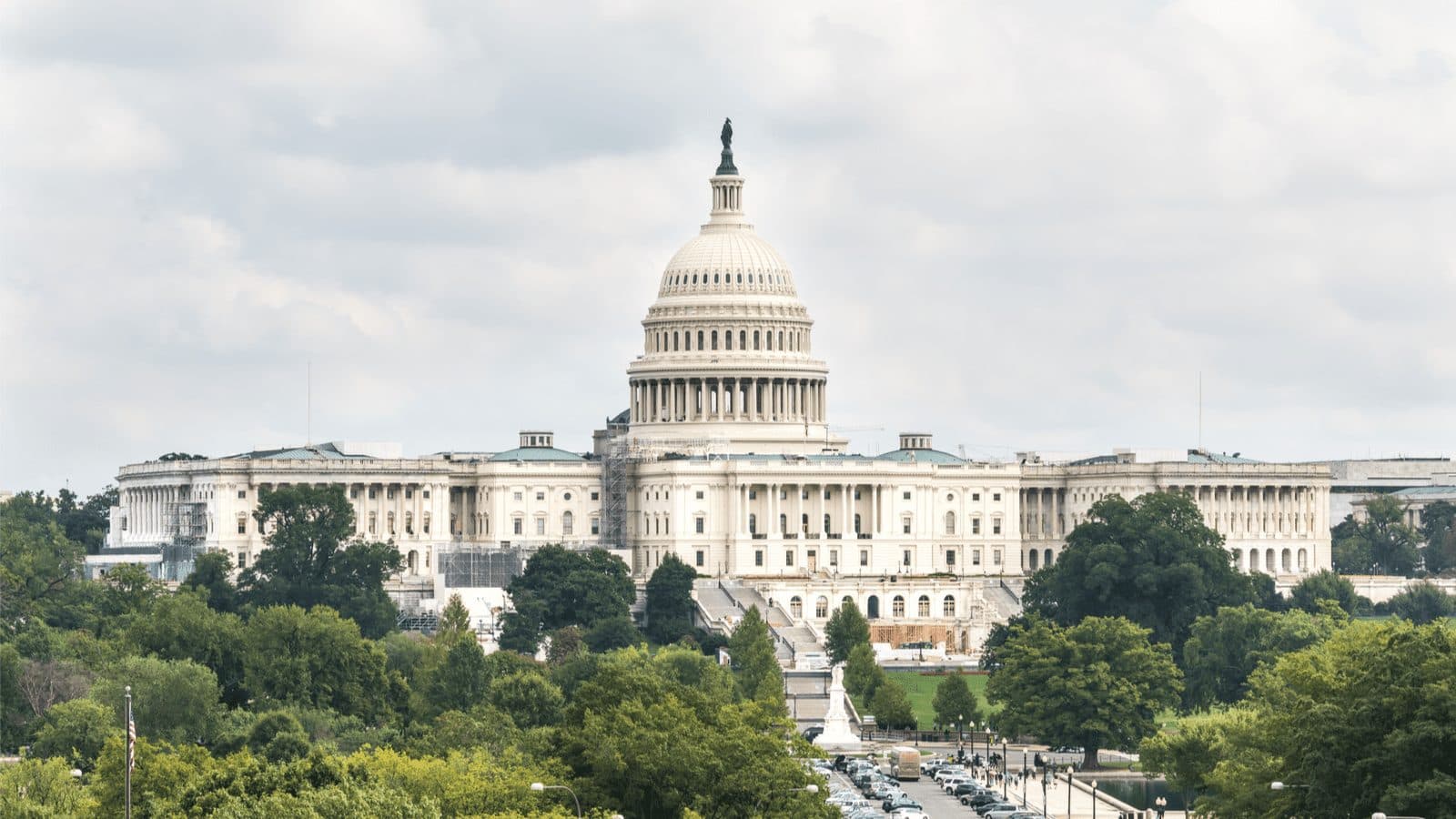As US Watchdogs Sink Teeth Into Crypto, Data Are Paramount for Fair Rulemaking
The crypto industry can use research and data to help educate regulators and promote fair policy, Chainalysis’ director of research said

Source: Shutterstock
- Data is going to be the crypto industry’s No. 1 tool for promoting fair, comprehensive regulation, researchers say
- Part of the problem: Regulators still don’t understand digital assets, for the most part, putting the onus on the industry to educate them
As regulators worldwide continue to jostle for influence over crypto, blockchain researchers are encouraging digital asset newcomer lawmakers to crunch the numbers.
“There is real-time transaction data that’s forever available on the blockchain,” Kim Grauer, director of research at Chainalysis, said during a panel discussion at the Cornell Blockchain Conference in New York Friday. “Even if you wanted to investigate something from 10 years ago, you can. This is a really powerful data set.”
The research speaks for itself, according to Eric Turner, director of research at Messari, and regulators have been keen to gather more information as of late.
“There has been a big change in the way regulatory participants are involved in the space,” Turner said. “Now, it’s like every regulator wants to get a piece of what’s going on.”
Lawmakers’ concern that sanctioned Russian entities might use digital assets to sidestep punitive measures shows the importance of data in shaping narratives, Grauer said. Jonathan Levin, co-founder and chief strategy officer of Chainalysis, appeared before Congress last month to make the same point.
“Elizabeth Warren asked, ‘Are oligarchs going to send billions of dollars into cryptocurrency?’” Grauer said. “That’s an interesting idea. Let’s look at what the data says.”
Grauer and her team found that high-risk Russian exchanges marked stable inflows and outflows — not the big-money transactions many high-profile industry types were expecting.
“Crypto crime isn’t different from regular crime — it’s just a new tool in the toolkit for criminals to use,” Grauer said. “Data is highly, highly important, especially for myth-busting.”
In addition to research, Turner said, the industry needs to take a more active role in engaging regulators.
“The crypto industry as a whole has done a terrible job of interacting with regulators historically,” he said. “Up until a couple of years ago, we largely ignored the actual impacts regulators have on the space.”
Education is key for winding up with fair, comprehensive regulation, which ought to bring millions more regular, retail investors into the space, according to both researchers.
“You want to encourage people to get into the space, and people want to do it safely,” Grauer said. “I see a lot of really good intentions and as a researcher, all I can do is give you all the data that you could possibly need to inform your decisions to debunk myths.”
Get the news in your inbox. Explore Blockworks newsletters:
- The Breakdown: Decoding crypto and the markets. Daily.
- 0xResearch: Alpha in your inbox. Think like an analyst.






